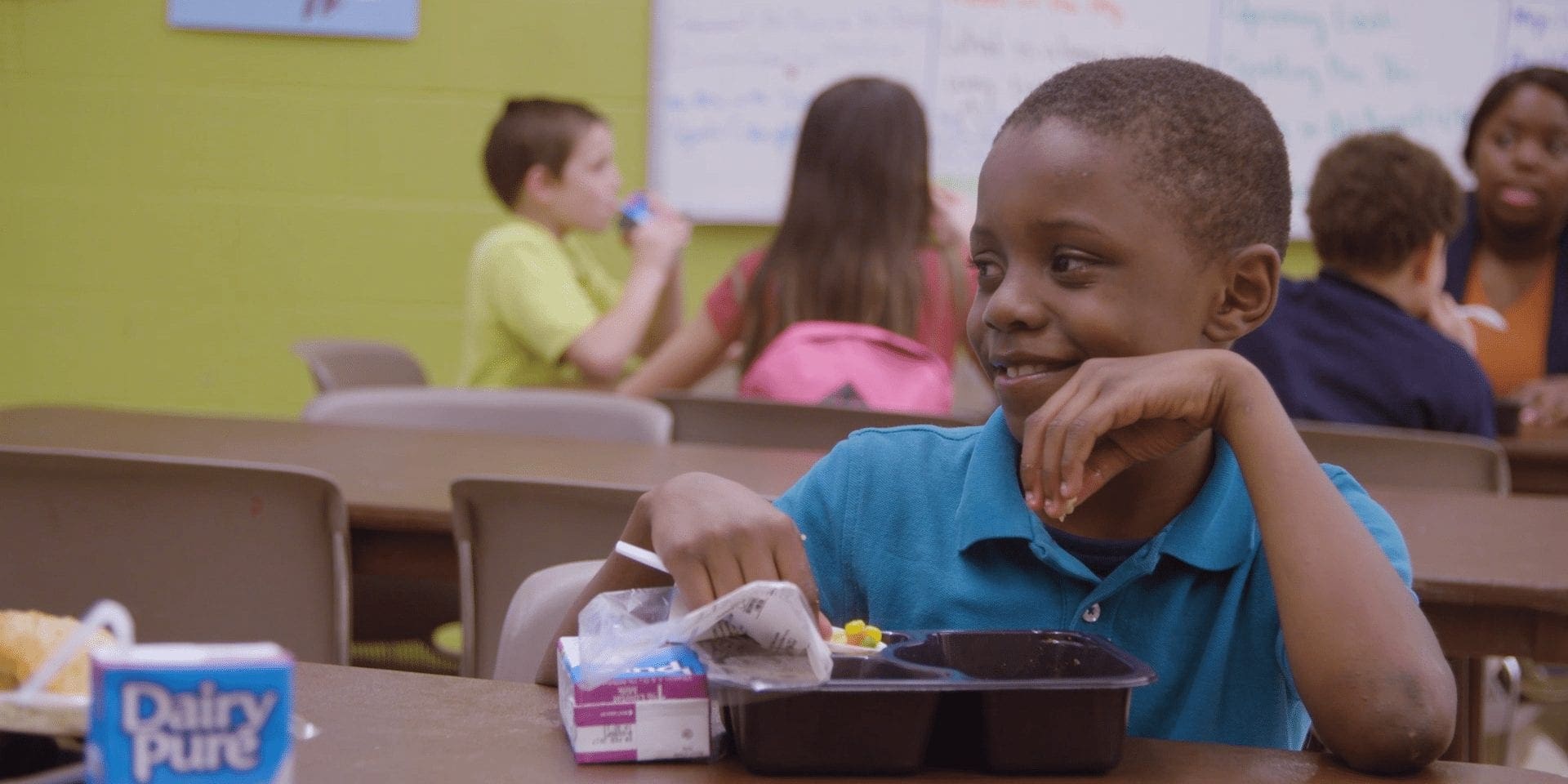This blog is co-written by DQC’s Brennan McMahon Parton, associate director for state policy and advocacy, and Erika Pierson, associate for expanded learning at National League of Cities’ Institute for Youth, Education, and Families.
When those closest to students collaboratively use data, students excel. In the City of Nashville, a partnership between Metro Nashville Public Schools (MNPS) and the city-funded afterschool program for middle school youth, the Nashville After Zone Alliance (NAZA), has significantly improved students’ reading ability in just three months.
This is exactly the type of partnership and focus students need, especially if they are struggling or falling behind. Too often, education happens in siloes—programs and funding streams are separate, schools and afterschool programs are islands, and no one speaks the same language. But students don’t come in pieces. We will not help every student excel until all the adults who work directly with students have the information they need and collaboratively use it to support student learning.
With access to data about their students’ reading levels, NAZA staff were able to provide individual reading tutors to students in need of additional support afterschool. In just three months, students’ reading ability significantly improved. The NAZA and MNPS partnership is just one example of how districts and afterschool programs can make data work for students, but it demonstrates the steps any partnership can take to help students excel. Here’s how Nashville’s leaders made this work possible:
- Data Sharing: With afterschool as one of the mayor’s priorities, city leaders created and endorsed a detailed data-sharing agreement to ensure that NAZA staff would have role-based access (i.e., secure, and only the data they need) to student information.
- Communication: NAZA staff and school leaders are in regular communication about students’ needs and how programs can best supplement the learning going on in school.
- Individualization: NAZA staff use school data to provide tailored academic supports to students to ensure they are receiving the right kinds of support at the right time.
- Collaboration: Leaders from across the city are working together toward a common goal—and effective data use is central to their work.
Data has the potential to transform education from a model of mass production to a personalized experience that meets the needs of individuals, ensuring that no student is lost along the way. Data also has the potential to extend beyond academics. School data on behavior and at-risk factors helps programs like NAZA know when certain students are in need of other supports. MNPS and NAZA work together to ensure that the city’s afterschool programs are responsive to the unique needs of their students and communities. Because of NAZA’s commitment to effective data use, students receive targeted supports that result in improved academic outcomes.
Even Congress has recognized the value of afterschool experiences to support student success. The Every Student Succeeds Act highlights the value of school-community partnerships by requiring states’ lowest performing schools to explore how community-based organizations, including afterschool partners, can help improve students’ academic outcomes. And smartly so. Students who participate in high-quality afterschool programs see positive effects on a range of outcomes, including academic performance, in-school behavior, and attendance.
A growing number of cities have taken note and are turning to afterschool programs to build on the learning that happens in school. To make sure afterschool time packs the intended academic punch, many districts and cities are working to securely share information about student learning with vetted afterschool providers to help align and inform the academic supports students receive. Afterschool providers need role-based access to relevant information about the students they serve in order to understand how and where to focus their support. But for this to happen, state and local leaders must work together to align systems and policies that promote and incentivize the kind of collaboration and innovation happening in Nashville.
For more information on how cities can assist in afterschool and data sharing efforts visit www.nlc.org/afterschooldata.


